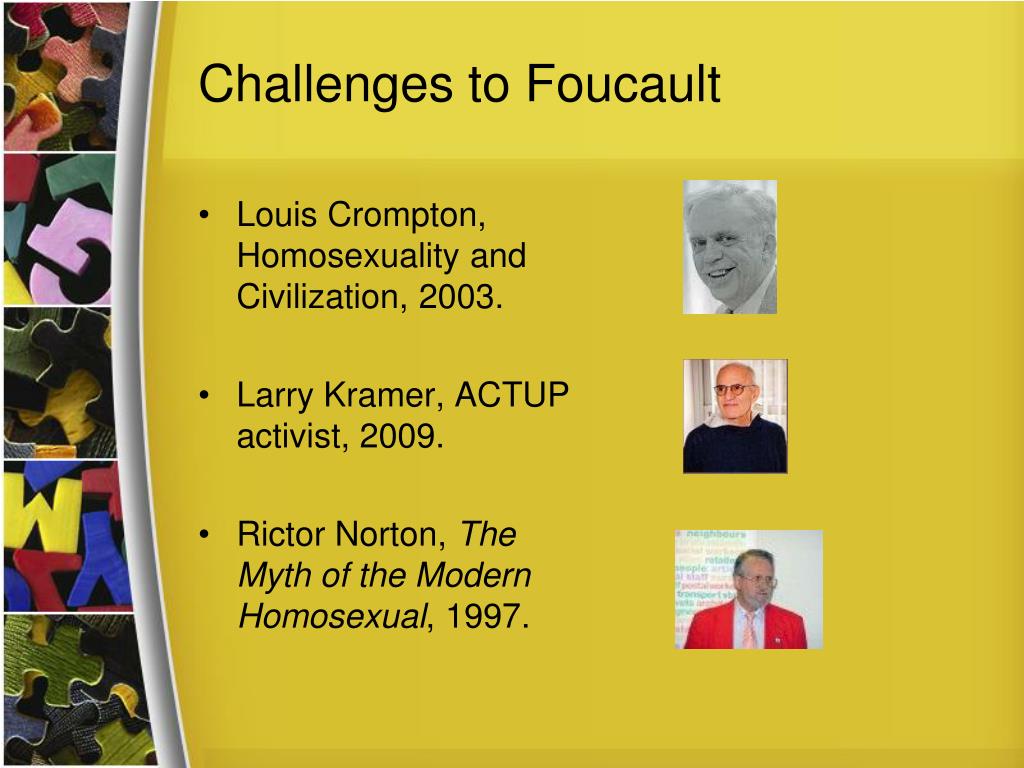

seizes this favourable moment in the talk at Agathon's party to suggest that visible beauty is the most obvious and distinct reflection in our terrene life of an eternal, immutable Beauty, perceived not with the eye but with the mind.

However, the Symposium is a dialectical exploration of the nature of true love, in which Phaedrus' views are soon found to be inadequate compared to the transcendent vision of Socrates, who:

he would prefer to die many deaths: while as for leaving the one he loves in a lurch, or not succoring him in peril, no man is such a craven that the influence of Love cannot inspire him with a courage that makes him equal to the bravest born In Plato's Symposium, the interlocutor Phaedrus commented on the power of male sexual relationships to improve bravery in the military: Some Greek philosophers wrote on the subject of homosexuality in the military. Various ancient Greek sources record incidents of courage in battle and interpret them as motivated by homoerotic bonds. Although the primary example is the Sacred Band of Thebes, a unit said to have been formed of same-sex couples, the Spartan tradition of military heroism has also been explained in light of strong emotional bonds resulting from homosexual relationships. Homosexuality in the militaries of ancient Greece was regarded as contributing to morale.


 0 kommentar(er)
0 kommentar(er)
